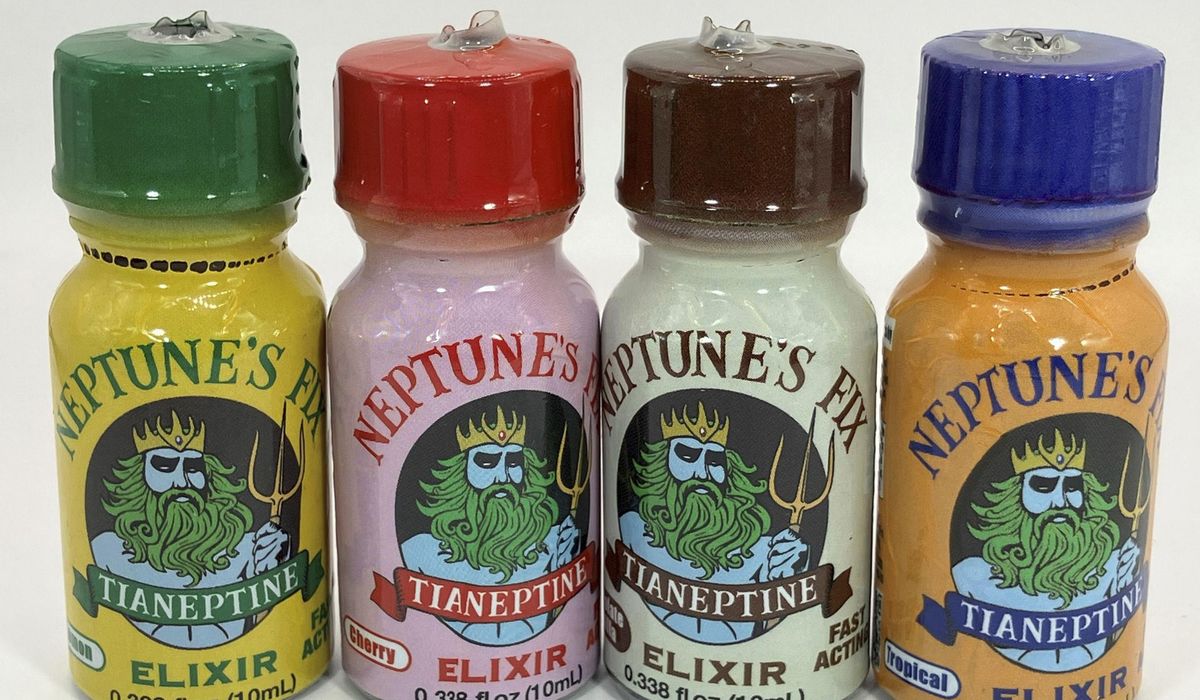


Health officials are warning Americans about the dangers of tianeptine, a drug often sold in gas stations and smoke shops under names like “Zaza,” “Tianaa” and “Neptune’s Fix.”
Marketed as energy boosters or mood enhancers, experts say these products contain an unapproved antidepressant that mimics some effects of opioids, and can be addictive.
Tianeptine is not approved by the Food and Drug Administration for any medical use in the U.S. and is illegal to add to foods or sell as a dietary supplement, though companies continue to do so.
“It’s kind of this grey area of consumer products, or supplements, where the contents are not regulated or tested the way they would be with a medication,” Dr. Diane Calello of the New Jersey Poison Information and Education System said to The Independent.
In a 2023 study, Dr. Calello documented multiple ER visits linked to a flavored drink called Neptune’s Fix; more than a dozen patients were admitted to intensive care.
“You never quite know what’s in that bottle,” she said. “Even if they have used a product before, they could get a bottle that contains something very different from what they’re looking for.”
Tianeptine is not technically an opioid but activates similar receptors in the brain, which can depress breathing and cause euphoria.
“That’s what tends to get people into trouble,” Dr. Hannah Hays of Nationwide Children’s Hospital told The Independent. “They use it for opioid-like effects or to self-treat opioid withdrawal and that can lead to slow breathing and problems like that.”
The FDA has issued multiple warnings, including a letter in 2018 to a manufacturer claiming its product could curb opiate cravings.
From 2018 to 2023, poison control calls involving tianeptine jumped 525%, and over half of those who sought medical care required critical care.
Some products have also tested positive for synthetic cannabis and other hidden drugs.
Although tianeptine is not federally classified as a controlled substance, at least a dozen states — including Alabama and Michigan — have restricted or banned its sale.
In Alabama, calls surged more than 1,400% from 2018 to 2021 before dropping slightly after legislation passed.
“These products are being marketed with unproven claims … but they’re not FDA-approved, and they’re not safe,” Dr. Hays said.
Health officials urge those struggling with addiction or mental illness to seek professional help instead of turning to gas station supplements.
• Emma Ayers can be reached at eayers@washingtontimes.com.
